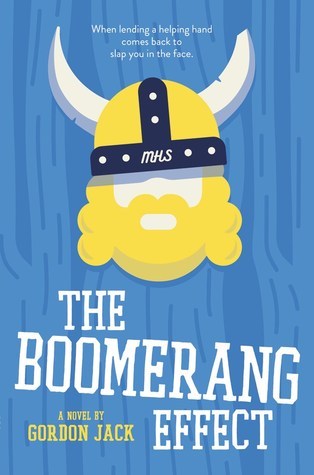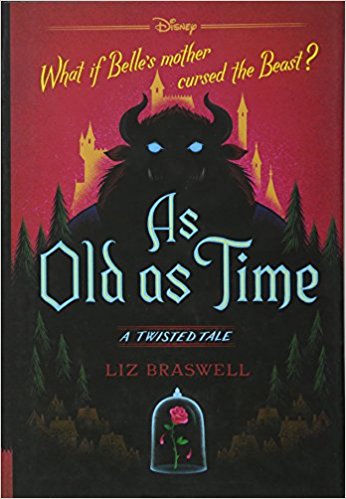Diary of the Seeker: The Tales and Anecdotes of a Life Student Volume I
The inspiration for Diary of the Seeker: The Tales and Anecdotes of a Life Student Volume I lies back in 2012, when Daniel Hayashi got into the habit of leaving his wife love notes and stories of inspiration before he left for work in the morning. What started as a collection of personal thoughts soon developed into a set of philosophical stories with deliberate moral messages, and Hayashi began to feel that he was being spiritually guided to compile epochal tales. In an effort to fulfill what he came to see as a moral and spiritual quest, Hayashi turned his preliminary notes and idea into the material for this book.
Although Diary of the Seeker initially seems to comprise a hundred and seventy-nine diary entries (covering the period January 1 to July 31 2017) written by Hayashi, it is actually envisioned as being written by a heavenly messenger—a troubadour—who has descended to Earth to observe, record, and reflect on life as lived by regular humans. The idea of portraying ordinary life from the perspective of an otherworldly outsider is an interesting one and does allow for some insightful observations, but the book’s many messages may actually have been more impactful if they had been positioned as human reflections on the problems and joys of the modern world.
The central thesis of Diary of the Seeker is the importance of spirituality and belief, and Hayashi does a good job of making clear that there is no one-size-fits-all approach to such matters. In fact, while the God most frequently described appears to be the Christian one, other religions such as Buddhism, Judaism, and Islam are also referenced. The lives and messages of important figures from these differing faiths, including Buddha, Jesus, Krishna, Mohammed, and Zoroaster, are discussed too. Hayashi’s holistic approach to religion and spiritually gives the book wider appeal than it might otherwise have, as do his comments regarding contemporary maladies such as the iniquities of the uncontrolled pursuit of wealth.
While Hayashi uses poetic language throughout Diary of the Seeker, the text is frequently rather dense, with the intended meanings of some of the metaphors and anecdotes being unclear. This issue is arguably exacerbated by the choice of a diary-like approach to the book, as he cycles through topics and issues at a brisk pace to fit in with the idea of daily reflections and so loses the opportunity to expand on and clarify matters. The formatting of the book could also be more reader-friendly, as could the choice of font and use of punctuation.
Diary of the Seeker is an unusual book covering an extremely broad range of topics, all of which link back to the importance of spirituality and the problems that a lack of faith can bring to people’s lives. As a consequence, it is most likely to appeal to those looking to expand their understanding of different religions and philosophies while musing on anecdotes and stories intended to prompt theological reflection.
| Author | Erin Britton |
|---|---|
| Star Count | /5 |
| Format | eBook |
| Page Count | 400 pages |
| Publisher | Self-published |
| Publish Date | 30-Oct-2021 |
| ISBN | 9798756697063 |
| Bookshop.org | Buy this Book |
| Issue | July 2022 |
| Category | Young Adult |
| Share |






Recent Comments